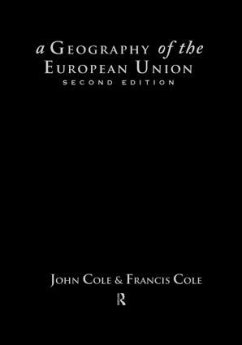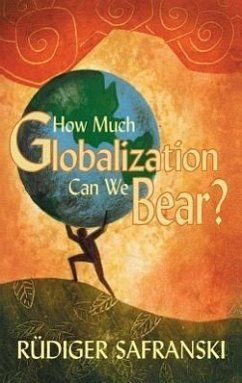
The European Union
Economy, Society, and Polity
Versandkostenfrei!
Versandfertig in 1-2 Wochen
56,99 €
inkl. MwSt.

PAYBACK Punkte
28 °P sammeln!
At the beginning of the 21st century the European Union faces twin challenges: the institutional challenge, linked to the processes of greater integration and expansion, and the structural challenge, which will in the medium-run determine the place of the EU in the world. This book deals with this latter set of challenges, focusing on economic aspects, such as competitiveness and cohesion, as well as on other important issues such as ageing, migration, social polarization, and the emergence of regionalism and nationalism.












